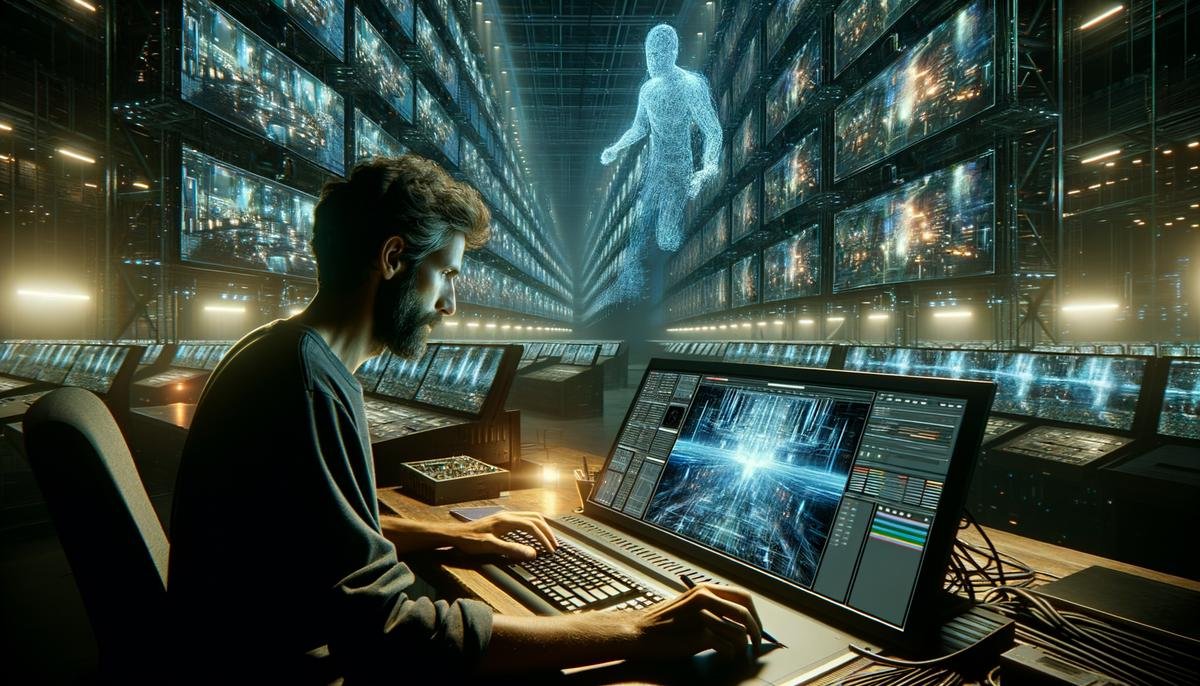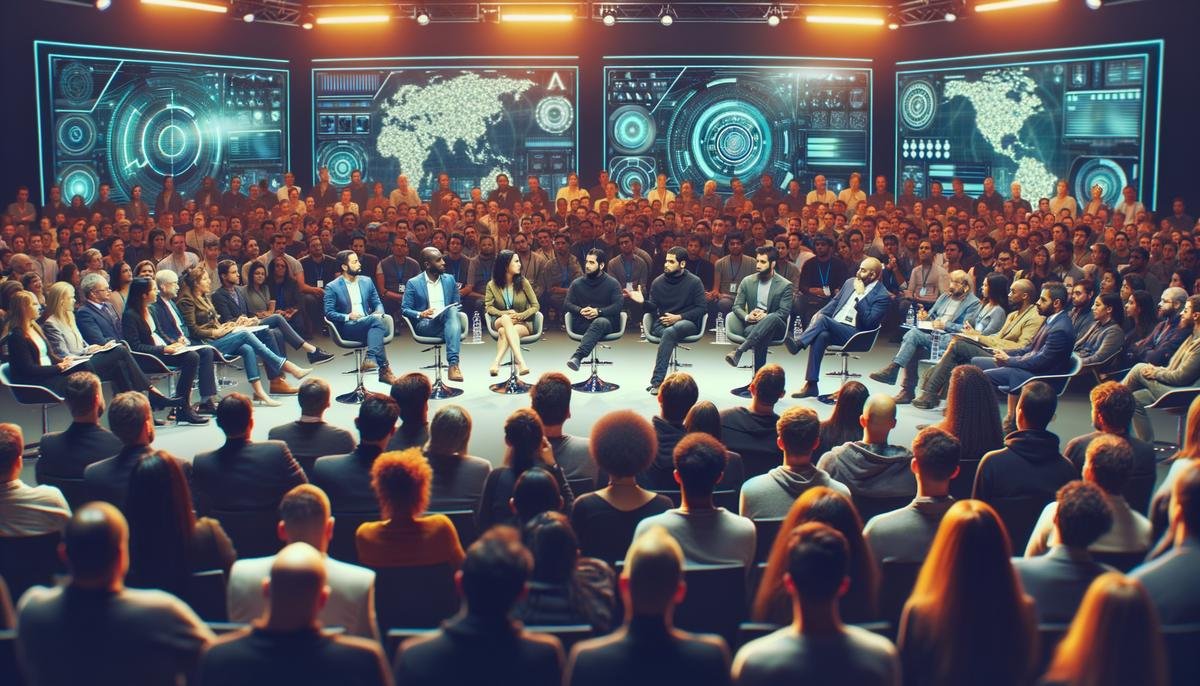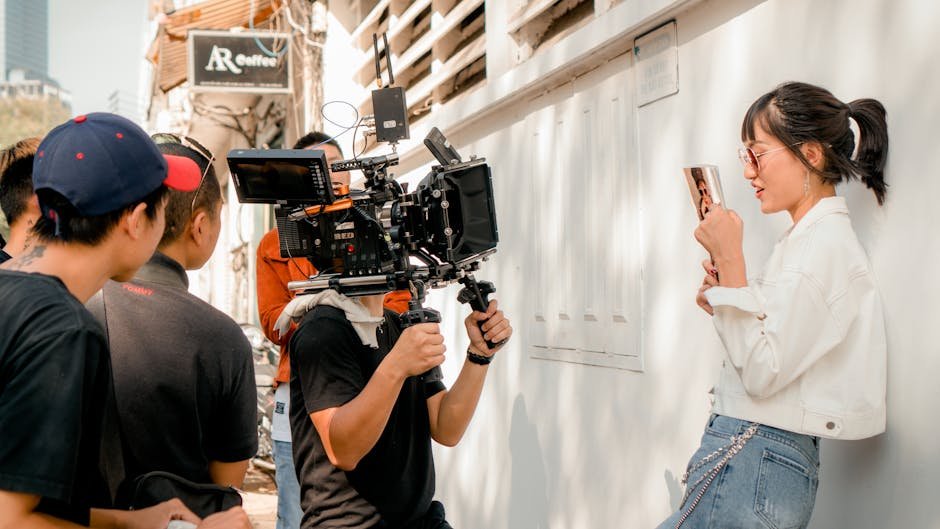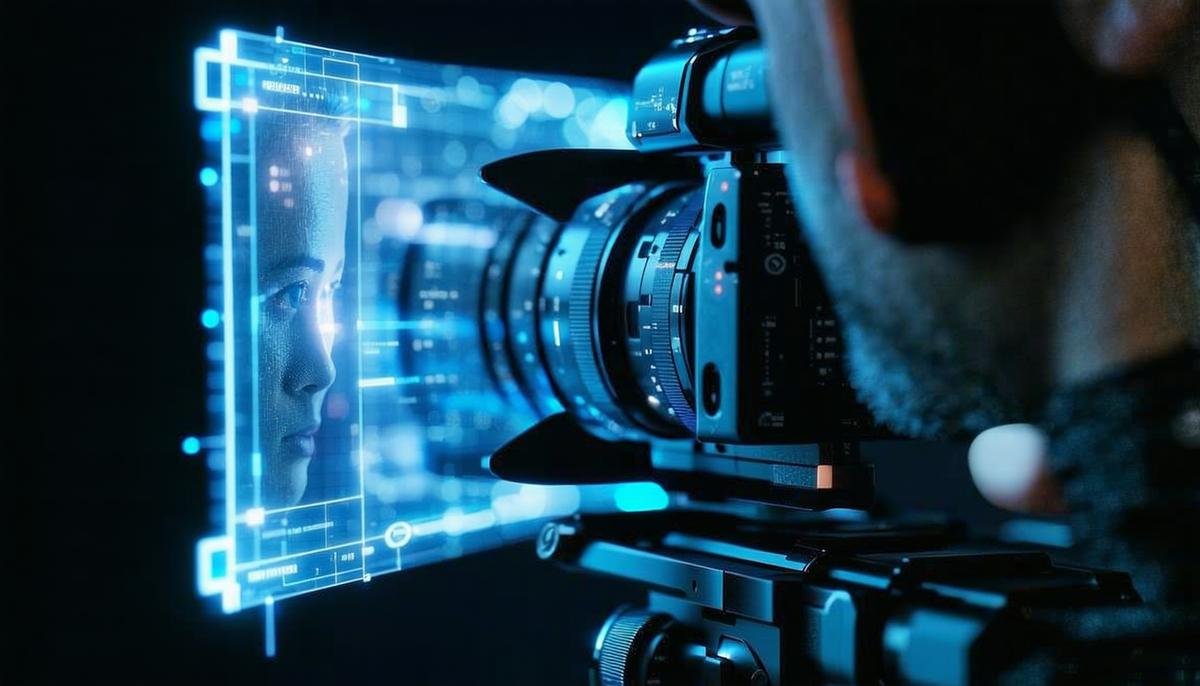AI's Role in Filmmaking
AI is changing the filmmaking landscape, serving as both a tool and collaborator. In visual effects, AI streamlines complex tasks like rotoscoping and virtual scouting, allowing human creativity to focus on the bigger picture. Tools such as Runway and Stability AI enable directors to quickly experiment with new concepts without extensive setups or budgets.
AI's impact extends to both major studios and independent filmmakers, potentially reducing costs and democratizing access to high-quality production techniques. However, this advancement raises questions about copyright as AI analyzes large datasets, prompting legal debates about originality.
Meta's Movie Gen and similar technologies promise rapid video production through text prompts, offering filmmakers new ways to explore visuals and moods. Despite these technological advancements, human creativity and direction remain essential in storytelling, with AI serving as a supportive tool rather than a replacement for artistic vision.

Creative and Technical Processes
When using AI in filmmaking, the process often begins with selecting artwork that conveys the intended emotion and story. Filmmakers like Bob de Jong approach this with a clear vision, considering the scene's emotional elements while planning frames.
The technical process involves:
- Feeding high-quality inputs to the AI
- Careful training and data synthesis
- Balancing AI's capabilities with human creativity
AI excels in handling detailed tasks such as transforming, analyzing, and synthesizing data, freeing creators to focus on creative aspects. However, filmmakers must still guide the AI to ensure the final product maintains authenticity and the intended emotional impact.
While AI offers new possibilities, challenges remain in balancing technological precision with artistic authenticity. The key lies in knowing when to let AI lead and when to apply human nuance, finding the sweet spot where innovation meets effective storytelling.

Ethical and Legal Implications
As AI becomes integral to filmmaking, the industry faces ethical and legal challenges, particularly regarding copyright. Questions arise about who owns the rights to AI-generated content – the AI developer, the creator of the source material, or the AI user. This issue becomes more complex with deepfakes and AI-generated content resembling real people or copyrighted work.
Data transparency is crucial. Filmmakers and AI developers need to disclose their data sources and methodologies to maintain trust and accountability. This transparency helps protect creators from unintentional breaches and fosters industry-wide innovation.
The potential misuse of AI for creating misleading or harmful content is a significant concern. Establishing strong ethical standards is essential to address permissions, ensure consent, and protect against AI's misuse.
"The industry needs to develop a framework for responsible AI usage, balancing technological capabilities with ethical considerations. This approach will help ensure that AI enhances human artistry in filmmaking without overshadowing it."

AI as a Creative Partner
AI is emerging as a creative partner in filmmaking, offering new dimensions in storytelling. It's democratizing the industry by providing independent filmmakers access to high-quality production tools without substantial financial investment. This shift allows for a more diverse range of voices and stories in cinema.
AI enables filmmakers to:
- Experiment with novel storytelling methods
- Create intricate historical simulations or futuristic landscapes
- Streamline global collaboration
However, the use of AI in filmmaking must be guided by principles of artistic integrity and ethical standards. By balancing AI's potential with human creativity, the industry can transform challenges into opportunities, creating a future where technology and human artistry work in harmony.

Future of AI in Filmmaking
As AI technology advances, it's poised to become an even more integral part of the filmmaking process. Future AI models may be capable of understanding and reflecting human emotions through nuanced visual storytelling, potentially suggesting scene enhancements or generating new storylines.
AI tools are likely to become more user-friendly, allowing both independent filmmakers and major studios to create high-quality visuals more efficiently. This could lead to more interactive and personalized storytelling experiences for audiences.
However, challenges remain regarding originality, story ownership, and ethical boundaries. The industry will need to develop new frameworks and policies to address these issues.
Despite these challenges, AI's role in filmmaking is promising. It has the potential to push creative boundaries and usher in a new era of cinematic creativity, where filmmakers can craft increasingly imaginative and impactful stories.

AI is reshaping filmmaking, offering fresh opportunities and challenges. As technology advances, it becomes a vital partner in storytelling, helping creators craft films that resonate deeply. This partnership promises a future where AI enhances creativity, ensuring the magic of cinema continues to captivate audiences.
- ter Haar W. Interview with Forrester. 2023.
- Julia L. The Myth of Artificial Creativity. Harvard Business Review. 2022.
- Meta. Introducing Movie Gen: AI for Video Creation. Meta AI Blog. 2023.




